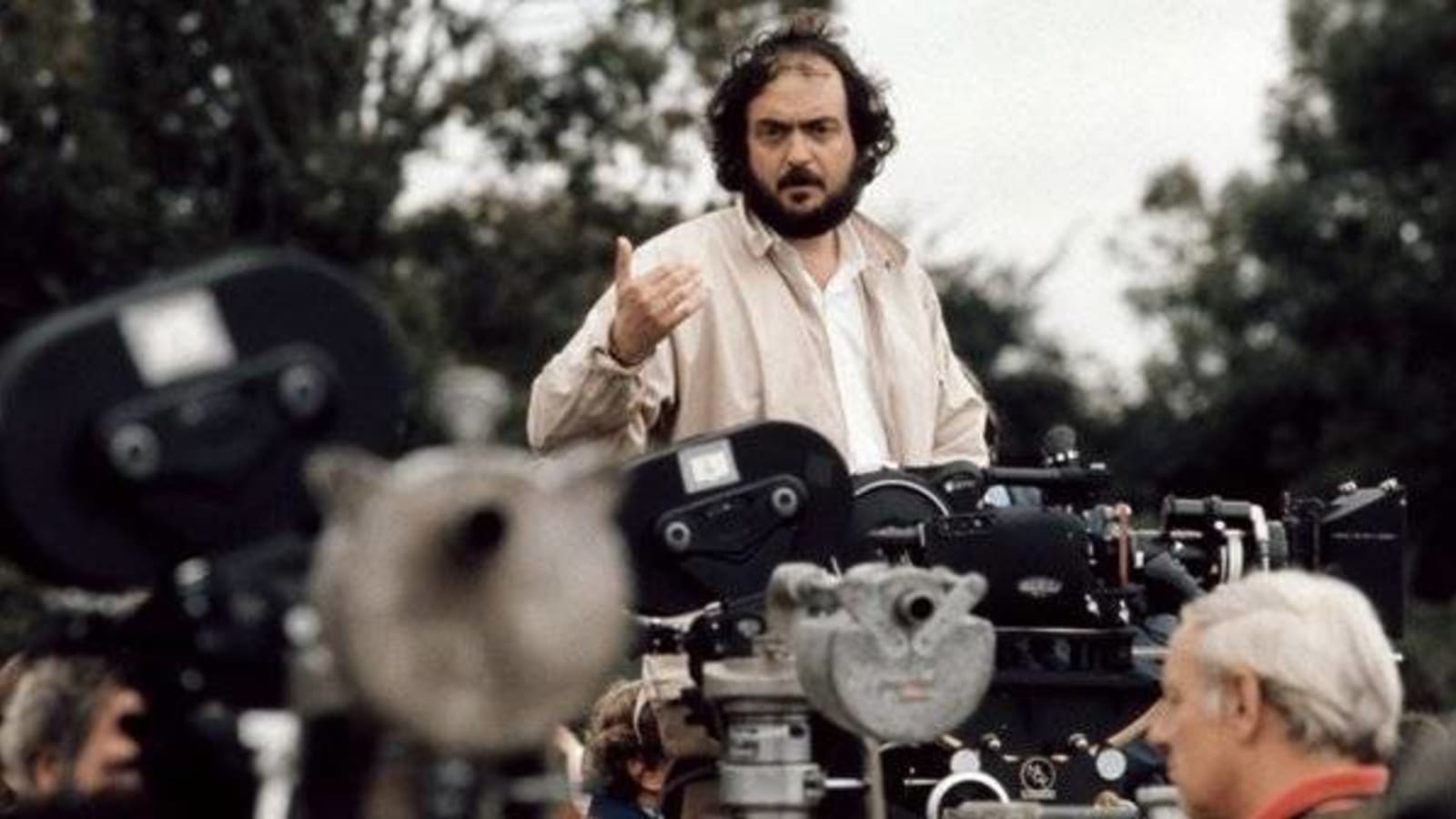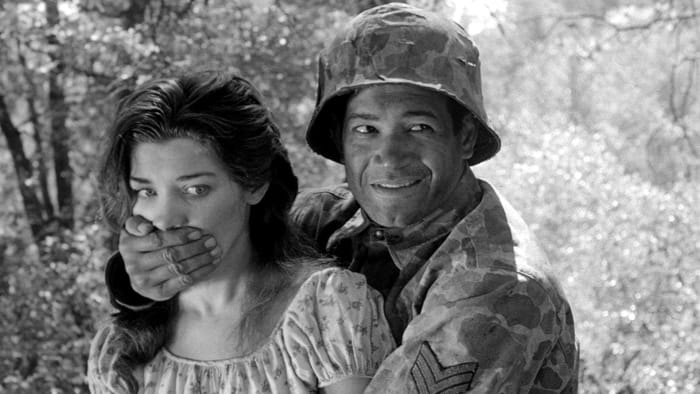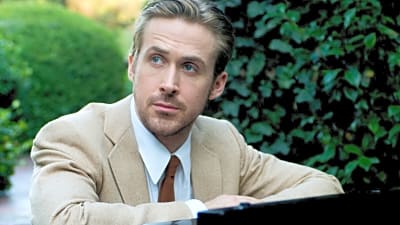x

The best of the rest: The feature films of Stanley Kubrick, ranked
On April 2, 1968, cinematic history was made with the opening notes of Strauss' "Also sprach Zarathustra," for in that moment, Stanley Kubrick's "2001: A Space Odyssey" burst onto screens, and on to the top of nearly every critics' best movie of all time list. Since losing the master auteur 19 years ago, much has been said about the rest of his filmography, with many of the films within being classic in their own right, but nevertheless, we take another look and rank those 13 films, the order of which may be surprising.
More must-reads:
- The best albums from the 2020s that you (probably) haven't heard
- References to '2001: A Space Odyssey' across pop culture
Breaking News
Trending in Entertainment
Customize Your Newsletter
 +
+
Get the latest news and rumors, customized to your favorite sports and teams. Emailed daily. Always free!




















